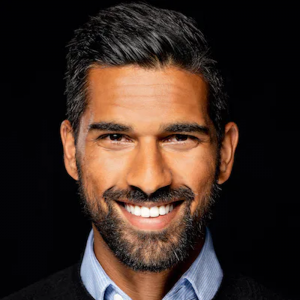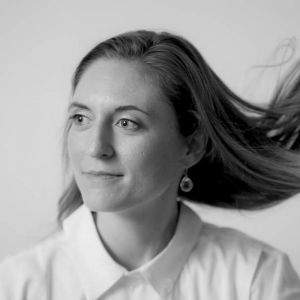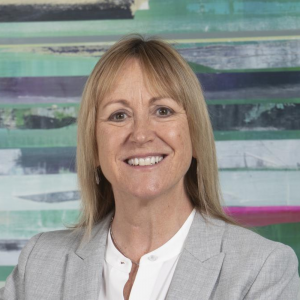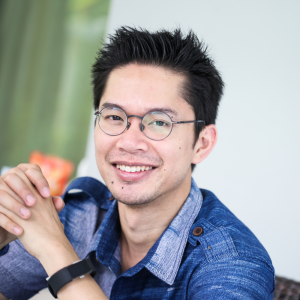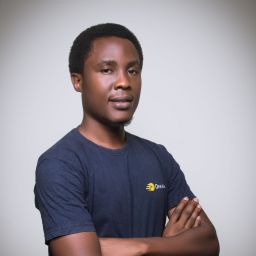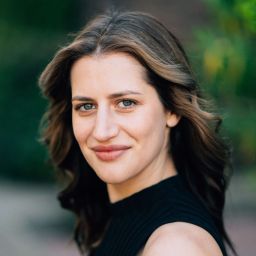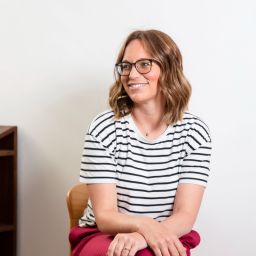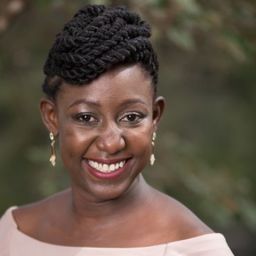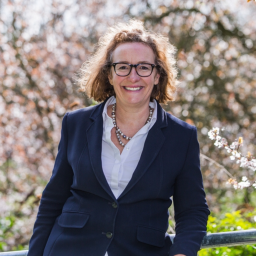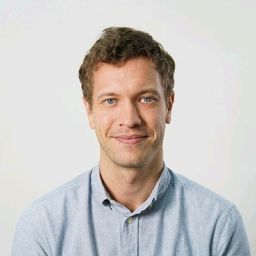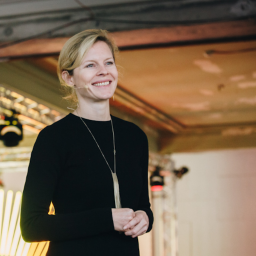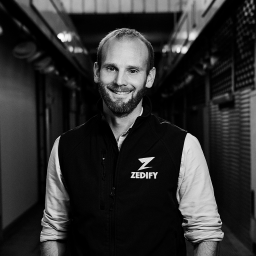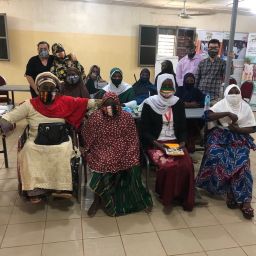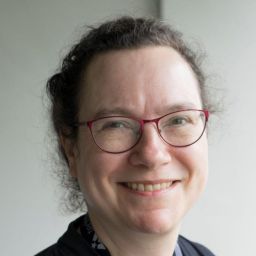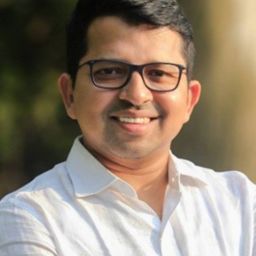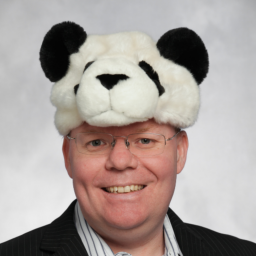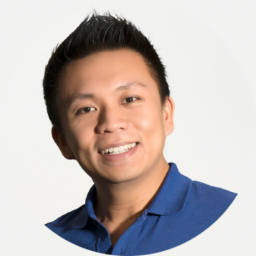Meaningful Business (MB:) Please tell us a bit about your background.
Johnmary Kavuma (JK:) I was born in 1994 in Kampala, the capital of Uganda. My father passed away in a tragic accident when I was five, and my mother disappeared. I was taken to live with my grandmother in one of the rural villages in Uganda. Being raised by her was a miracle and a gift.
When I was eight years old my grandmother was no longer able to look after me. She secured me a place in the nearby orphanage, however, after finishing primary seven (the final year of primary school in Uganda), the orphanage home went bankrupt and I was taken back to my grandmother.
MB: What led you to start Upcycle Africa?
JK: I grew up as poor orphan in a remote a rural village in Uganda. When I was nineteen the poor drainage system next to our house flooded due to huge accumulation of plastic waste dumped in the trench next to it. It led to the collapse of our house. According to the police report, my only grandmother died from the injuries she suffered and I survived with huge wounds on my head and a broken right arm.
The pain of my loss became my inspiration to start Upcycle Africa as a new form of housing construction. Upcycle Africa is a social business standing for environmental conservation and uplifting the lives of marginalised people. We provide affordable and durable houses to low income earners whilst training marginalised youth to construct housing using plastic bottle waste.
MB: What are the main problems you are trying to solve?
JK: Uganda has the world’s youngest population with over 78% of its population below the age of 30. The country also has one of the highest youth unemployment rates in Sub-Saharan Africa. This is mainly because the scores of students who graduate in different courses from the numerous universities across the country are ill equipped to enter proper working environments.
Students are often focused on passing standardised tests, rather than the relation and application of learned concepts to real life scenarios. Employment agencies, on the other hand, seek individuals with experience. In light of this, the majority of young people find it difficult to attain employment and to gain the competencies they need.
In addition, over 500 billion tons of plastic bottles are produced every year globally, and approximately 600 tons of plastic waste are poorly disposed of in Kampala every day. The major beverage companies in Uganda have decided to maximise their profits instead of protecting the environment through phasing out recyclable glass bottles and replacing them with plastic. Without a waste disposal system in place, the plastic ends up in water ways, clogging pipes, flooding the city centres and affecting aquatic life.
Uganda’s population is the fastest growing in the entire world. Within the next 20 years the population is expected to double, and this put massive pressure on the housing sector. The conventional construction is still very much reliant on ordinary building materials, mainly burnt bricks, and the process of burning these bricks consumes a lot of wood that accelerates the existing challenges of deforestation.
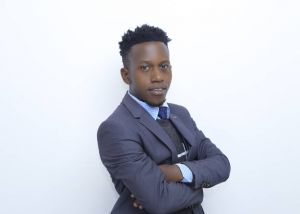 Johnmary Kavuma, Founder & CEO, Upcycle Africa
Johnmary Kavuma, Founder & CEO, Upcycle Africa
MB: What is your biggest challenge right now?
JK: We are challenged by the limited access to funding to address the culminating plastic waste accumulation. We have also had to tackle people’s mindset on the way they think and dispose of plastic, embarking on sensitisation programmes in communities.
There is also the problem of the huge production of plastic waste by beverage companies. To counteract this, we are supporting more up-cycling ventures in Africa – in Tanzania, Rwanda, and across Uganda – so that we can out-compete the rate of production and accumulation from these companies.
To face the challenge that operating in remote areas poses, we have recruited passionate people in different regions as community ambassadors and trainers so that we can extend our reach even further.
MB: What is your vision for the future of your business?
JK: I envision a world free from plastic waste. Through turning plastic waste into a resource, we can drive policies and contribute towards a sustainable planet. I would love to be the greatest contributor towards solving the problems of the 21st century.
MB: What is your advice to other leaders who want to combine profit and purpose?
JK: As leaders of the 21st century, it’s our responsibility to solve some of the greatest challenges in the world. Inculcating profit and purpose in your companies, business or organisation is the right thing to do. The triple bottom line of people, planet and profit can change the way we live and contribute towards a sustainable planet.
________
Quickfire Questions
MB – What’s the best piece of advice you ever received?
JK – Whist I receive a lot of positive feedback for the work I do, I would love to get more constructive criticism and advice from different people so that I am able to improve and be the best version of myself.
MB – Who inspires you?
JK – There are people all around the world who inspire me.
MB – How do you define success?
JK – To me, success is when someone finds satisfaction in what he or she is doing – no matter how rich or poor this person is. I have seen people who are incredibly wealthy, but they never found success. If you believe in what you’re doing, you can find fulfilment.
MB – What is something you wish you were better at?
JK – I am satisfied with most things that I am doing right now just because I followed my passion. However there are some skills I am trying to learn slowly – like video editing!
MB – What is the one book everyone should read?
JK – Everyone should read “The 7 Habits of Highly Effective People“, by Stephen Covey. This book gives a reader an opportunity to think about where she/he is, think about the future and how to create the most efficient and effective daily routine.
MB – What do you do to relax?
JK – Playing football, travelling, having conversations with loved ones, teaching children and praying.
________
Discover the other MB100 leaders recognised for their work combining profit and purpose to help achieve the United Nations Sustainable Development Goals in 2020, here.


